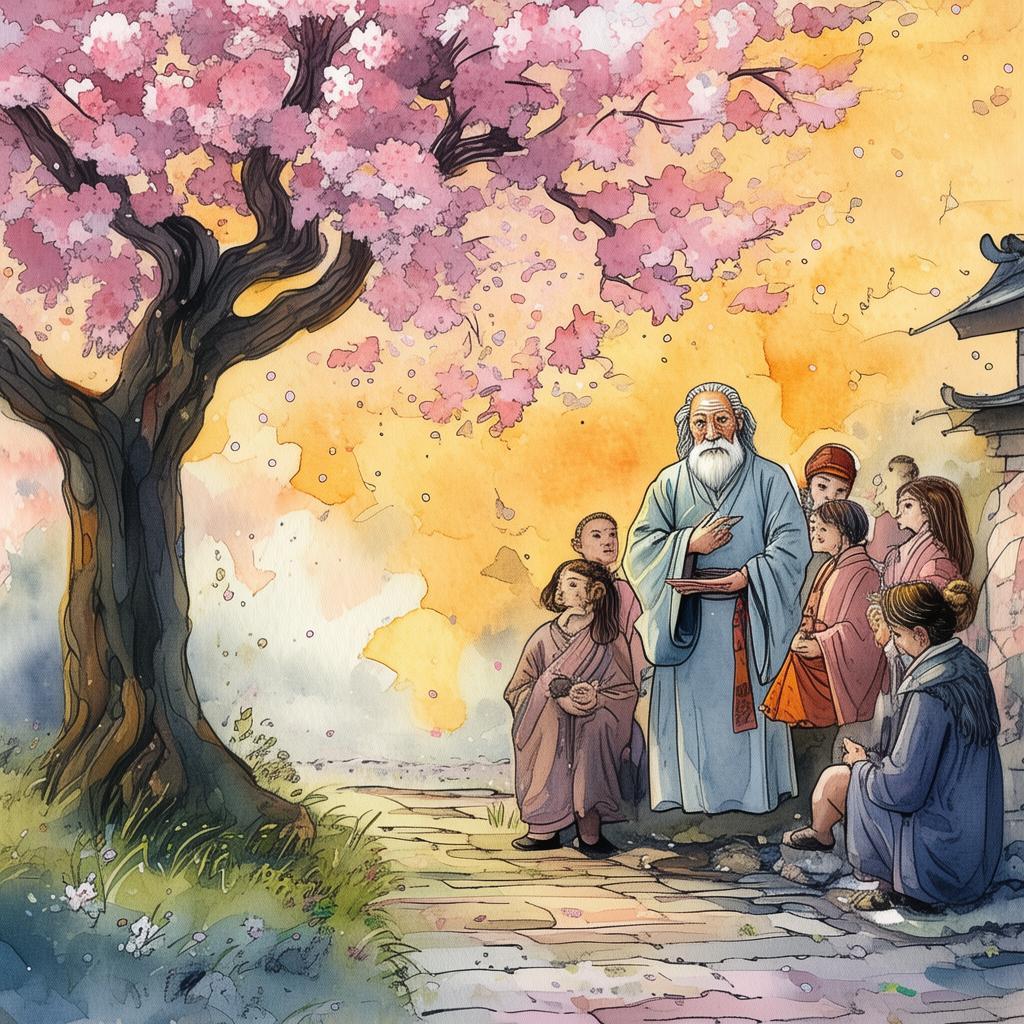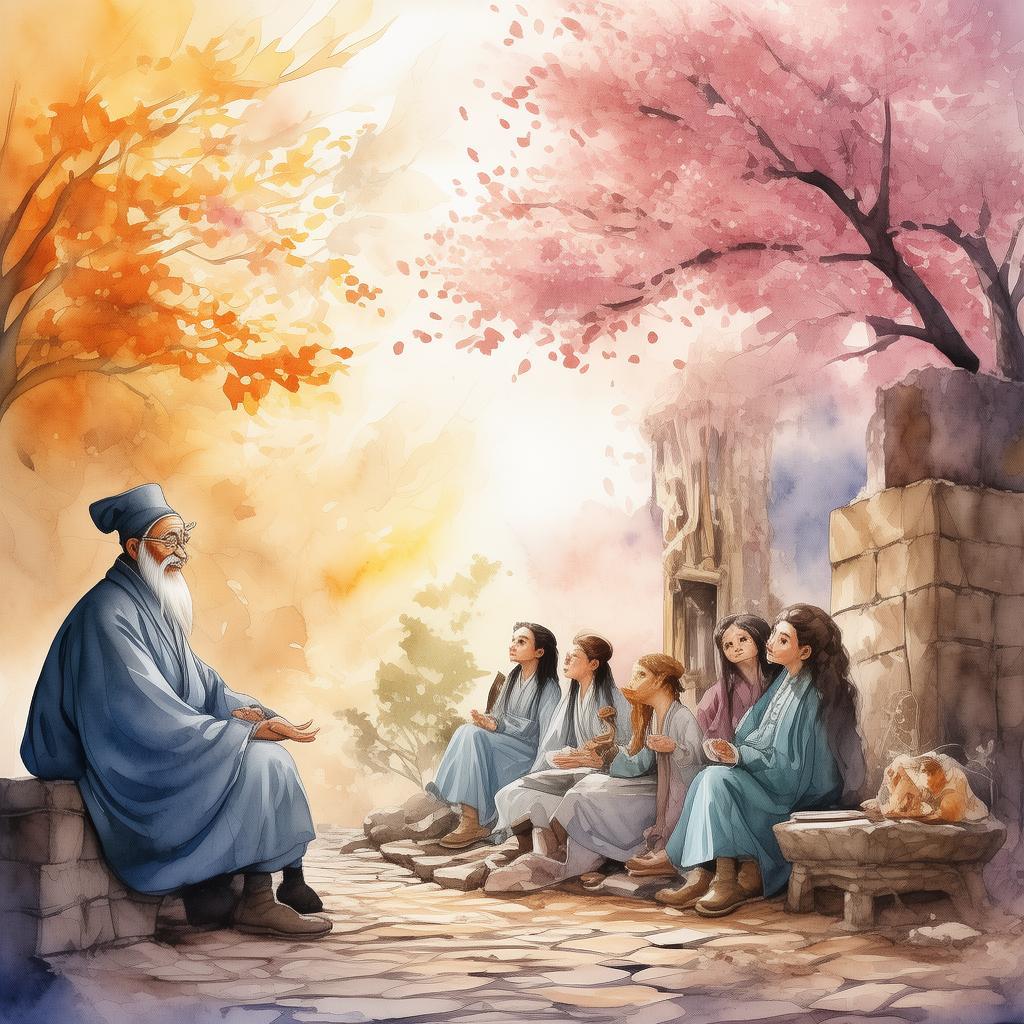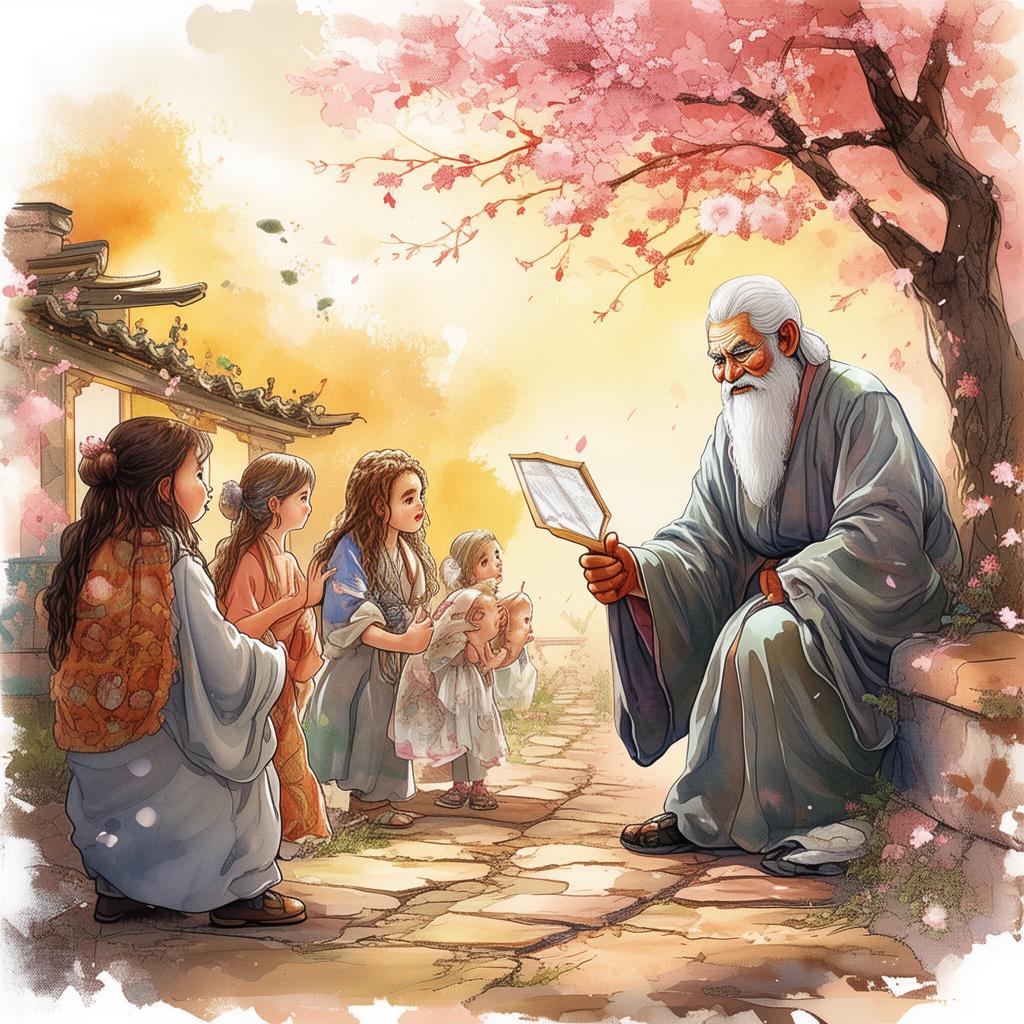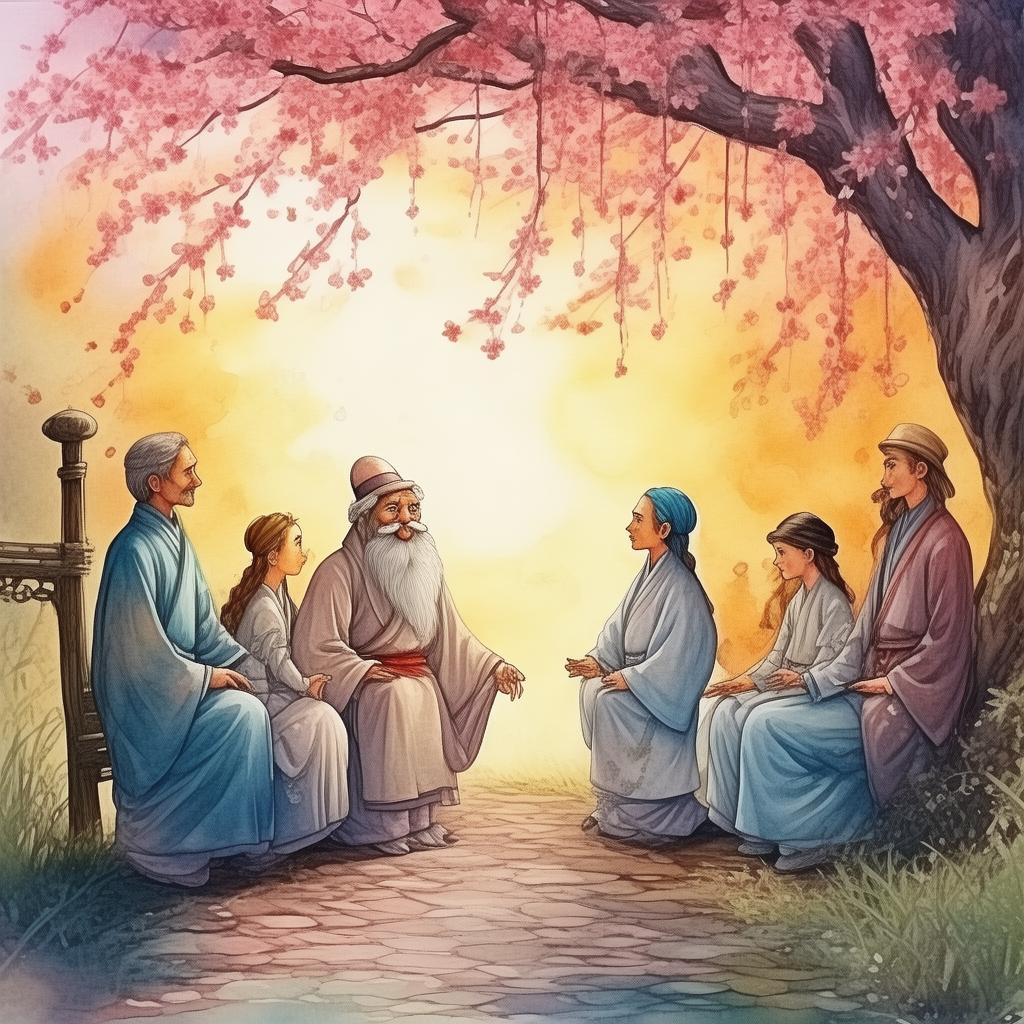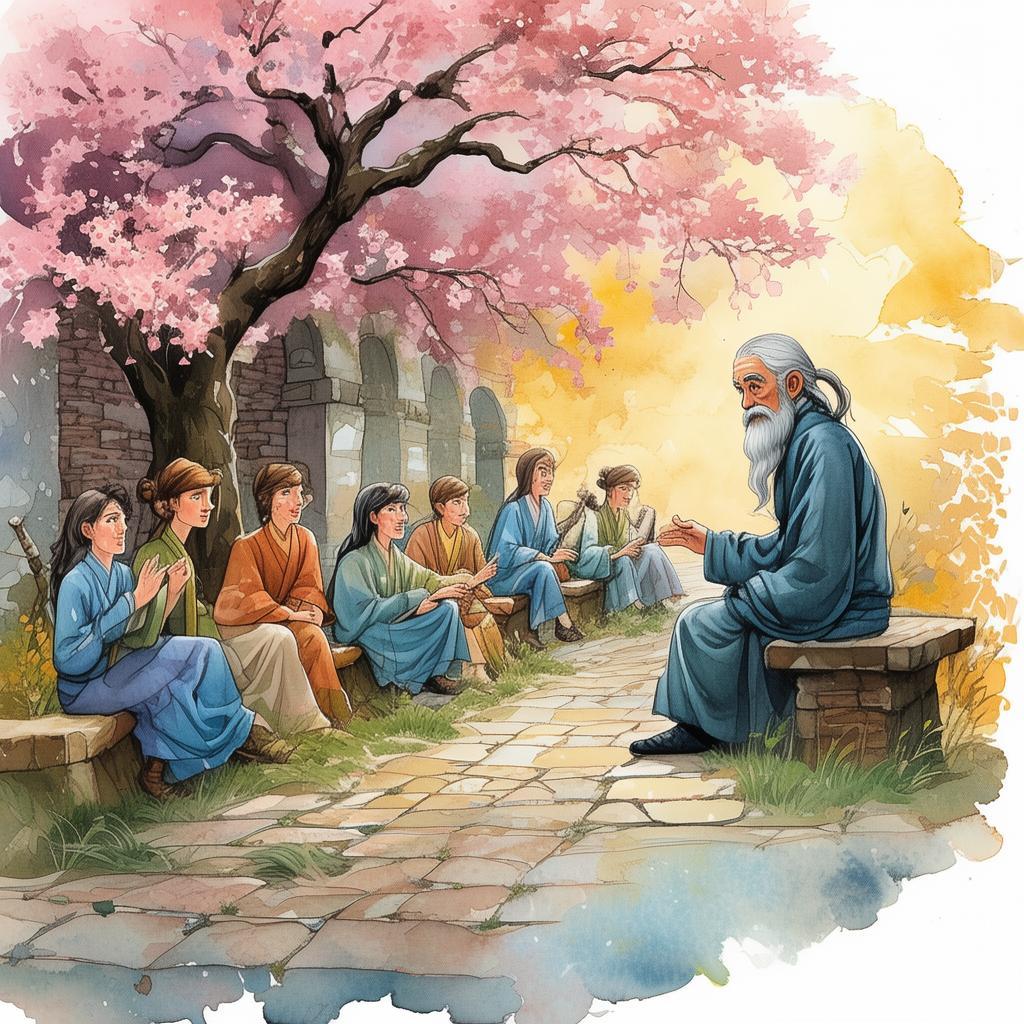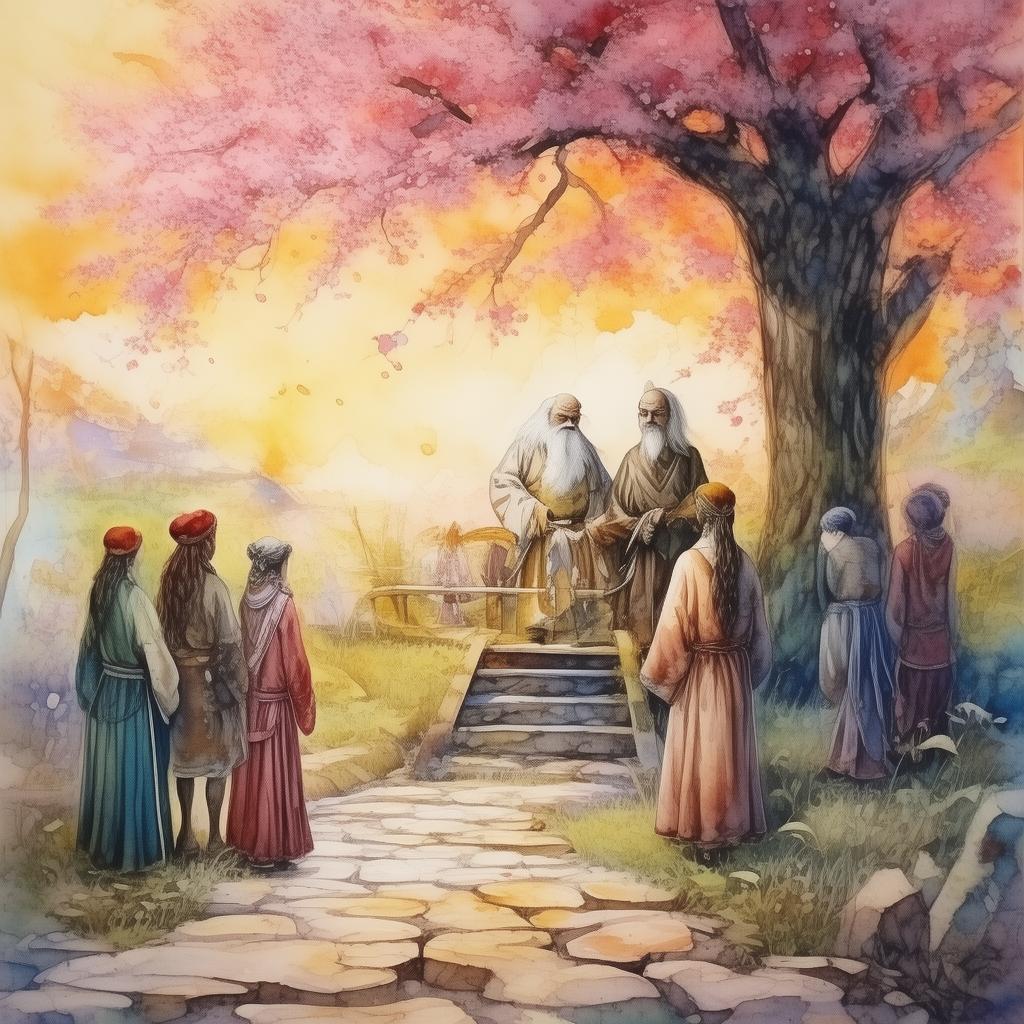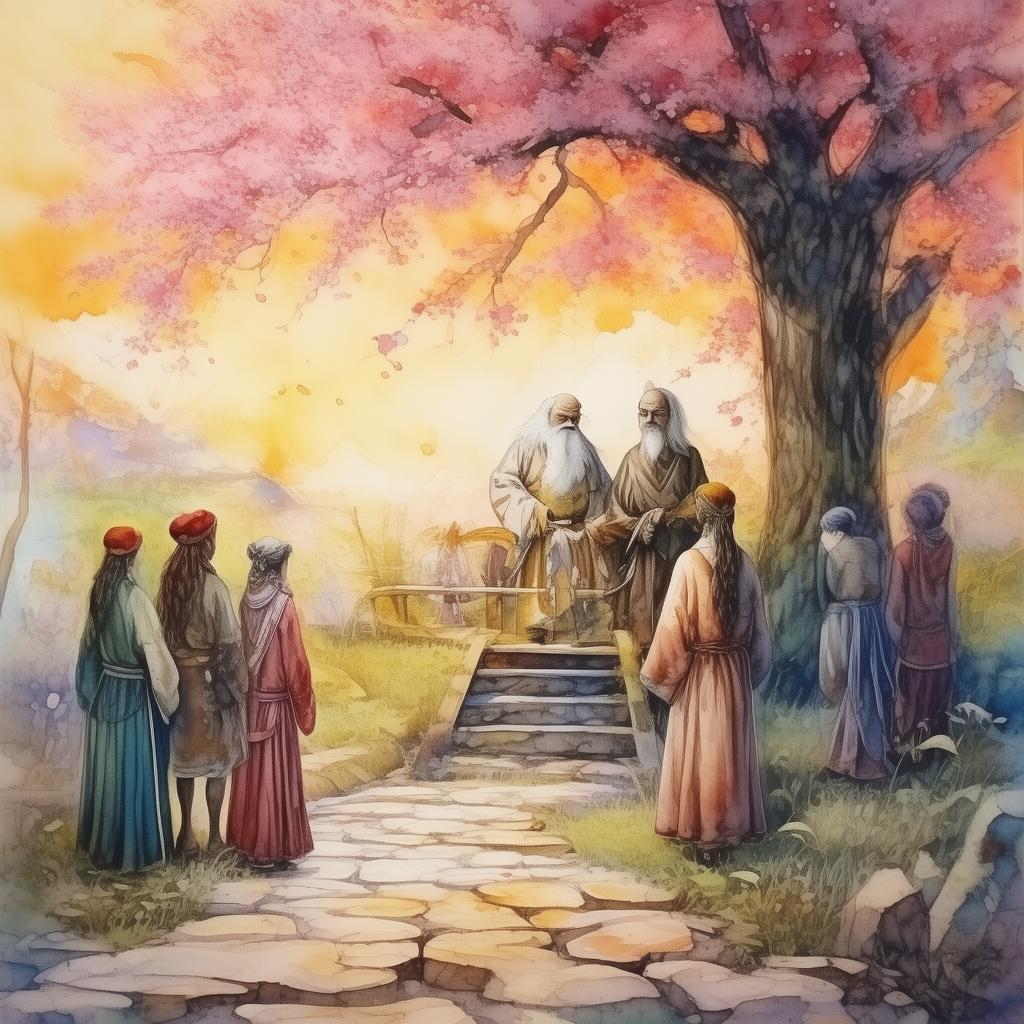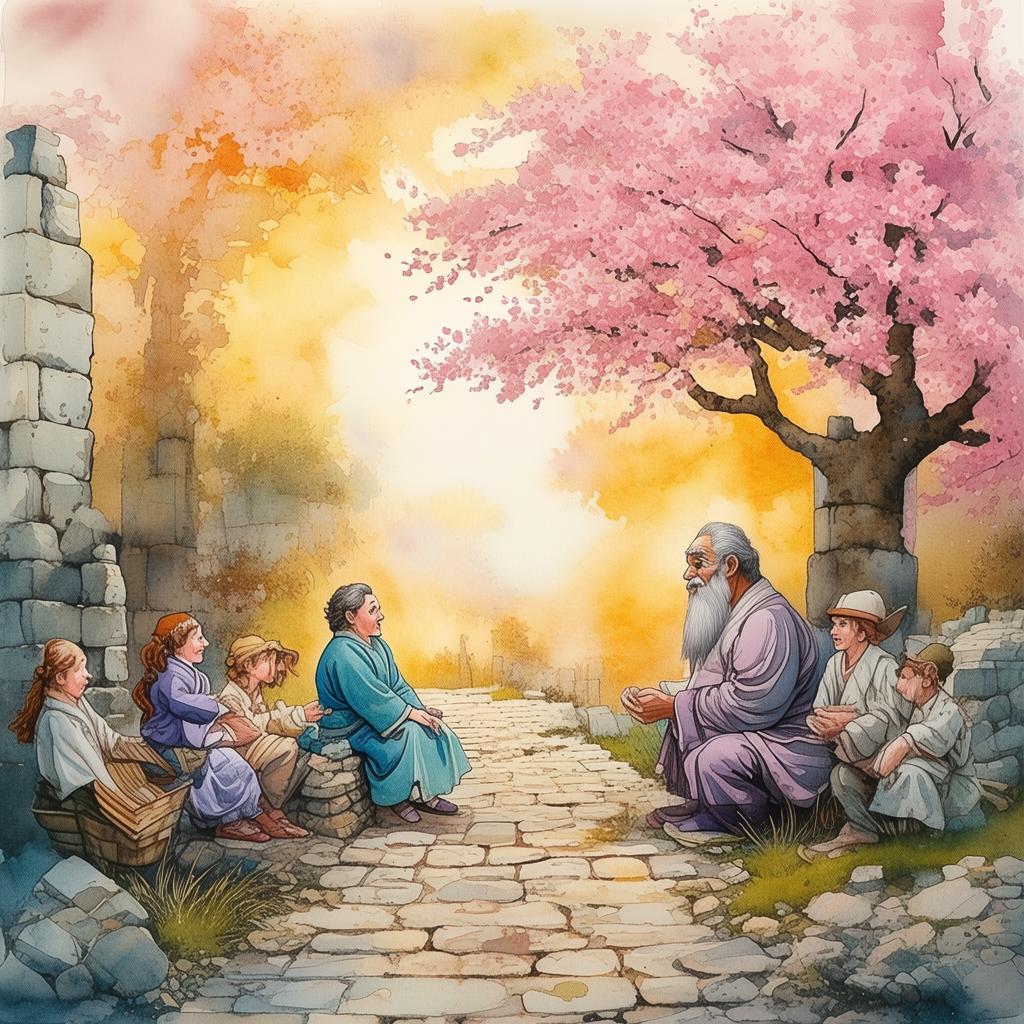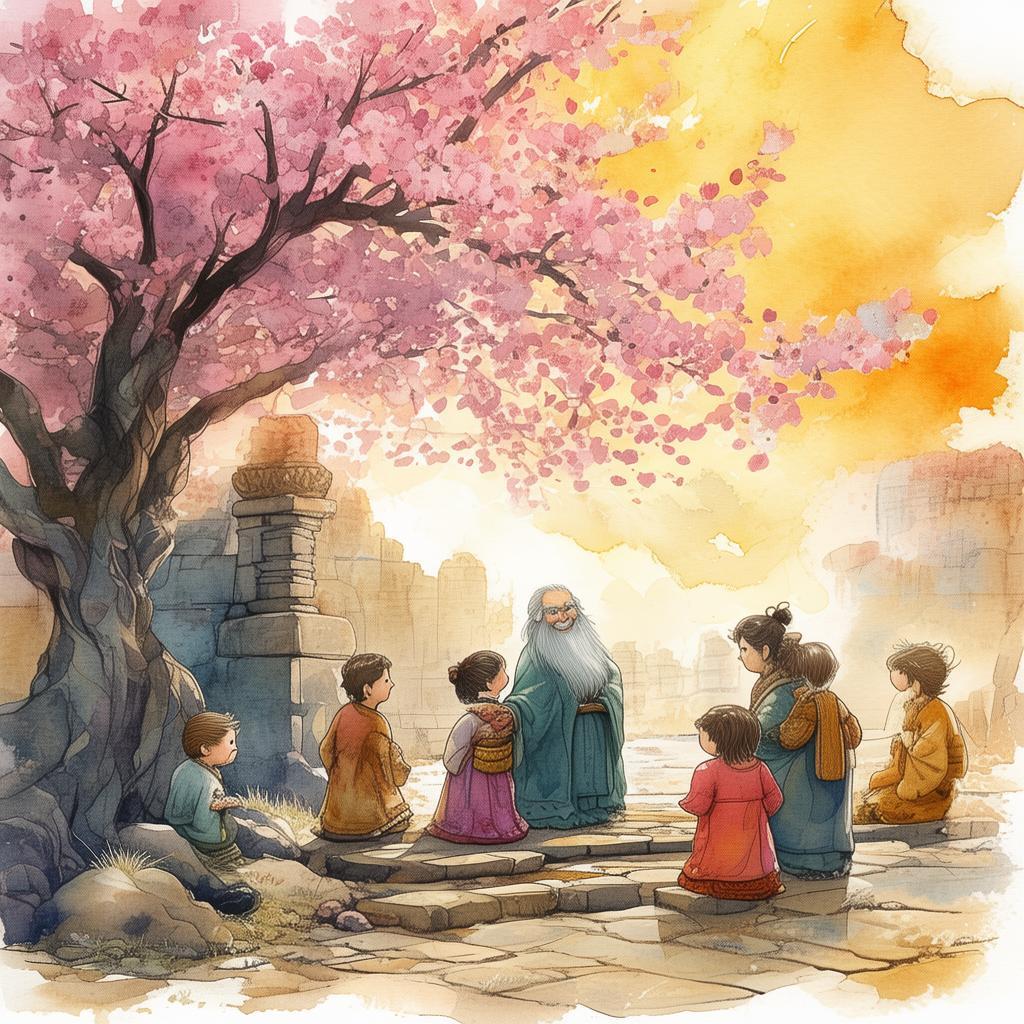The Labyrinth of the Cursed King: A Quest for Redemption
In the ancient kingdom of Elyria, where the mountains kissed the clouds and the rivers whispered secrets, there lived a young warrior named Kael. His name was whispered throughout the land, not for his prowess in battle, but for the curse that bound him. From birth, he was cursed to walk the Labyrinth of the Cursed King, a labyrinth that no one had ever returned from, save for the tales of brave souls who vanished without a trace.
The curse was a heavy burden, but Kael bore it with a stoic resolve. He was determined to break the curse and find the freedom that eluded him. Little did he know that the labyrinth was not just a physical challenge, but a test of his wit and understanding of the idioms that were woven into the very fabric of his kingdom's history.
The journey began in the heart of the kingdom, where the labyrinth's entrance lay hidden beneath a thick layer of ivy. Kael, clad in armor that shimmered with a faint, otherworldly glow, approached the entrance with a mix of trepidation and determination. The air was thick with the scent of ancient stone and the distant echo of whispers that seemed to beckon him forward.
As Kael stepped into the labyrinth, the walls closed in around him, and the path before him twisted and turned like the tail of a snake. The first challenge was not a physical one but a riddle, for the walls were adorned with inscriptions that read:
"The path of the wise is not straight, but the fool walks in a straight line."
Kael paused, pondering the meaning. He realized that the labyrinth was a metaphor for life itself, and the idioms were the keys to unlocking its mysteries. With this realization, he made a decision that would shape his destiny.
He ventured deeper into the labyrinth, encountering various trials that tested his understanding of idioms. One such trial was a room filled with mirrors, each reflecting a different version of Kael. The idioms on the walls read:
"Look before you leap, for the wise man sees both sides of the coin."
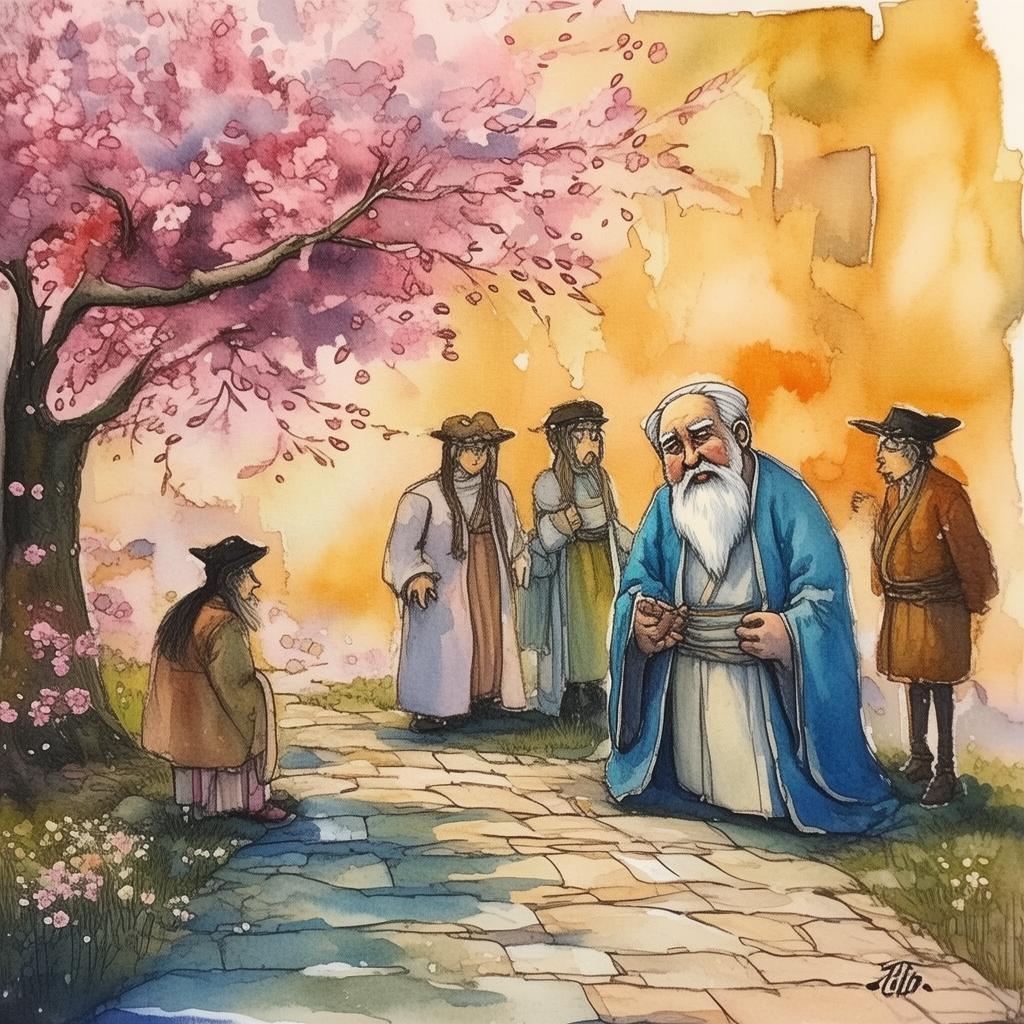
Kael chose to look at the reflection that showed him as he was, not as he aspired to be. This choice led him to a path that diverged from the others, and he continued his journey.
The labyrinth was a maze of rooms, each more treacherous than the last. In one room, he found a chest filled with gold, but the idioms on the walls warned him:
"Greedy as a wolf in winter, the fool chases the wind."
Kael passed by the chest, understanding that the true treasure was not material wealth but knowledge and wisdom.
In another room, he encountered a guardian, a creature of stone and shadow that spoke in riddles. The idioms on the walls read:
"Speak of the devil, and he appears."
Kael answered the guardian's riddles with the idioms he had learned, and the guardian revealed a hidden passage that led him to a room filled with books. These books contained the wisdom of the kingdom, and Kael realized that the idioms were the keys to unlocking their secrets.
As Kael delved deeper into the labyrinth, he encountered more trials, each more difficult than the last. He faced the Idiom Guardian, a being that tested his knowledge of idioms with questions that seemed impossible to answer. But Kael, with his growing understanding of the idioms, was able to outwit the guardian and continue his journey.
Finally, Kael reached the heart of the labyrinth, where the Cursed King awaited him. The king, a figure of darkness and light, spoke in riddles and idioms that had never been heard before. Kael, with his newfound wisdom, was able to answer the king's questions and break the curse that bound him.
The Cursed King, recognizing Kael's bravery and wit, granted him his freedom. In return, Kael vowed to use his newfound wisdom to bring peace and prosperity to his kingdom.
As Kael emerged from the labyrinth, the kingdom of Elyria was forever changed. The curse was broken, and the idioms that had guided him became the foundation of a new era of understanding and harmony.
The Labyrinth of the Cursed King had not only freed Kael but also taught him the true value of wisdom, courage, and the power of idioms. And so, the story of Kael's quest for redemption became a legend, passed down through generations, a testament to the enduring power of idioms and the strength of the human spirit.
✨ Original Statement ✨
All articles published on this website (including but not limited to text, images, videos, and other content) are original or authorized for reposting and are protected by relevant laws. Without the explicit written permission of this website, no individual or organization may copy, modify, repost, or use the content for commercial purposes.
If you need to quote or cooperate, please contact this site for authorization. We reserve the right to pursue legal responsibility for any unauthorized use.
Hereby declared.
